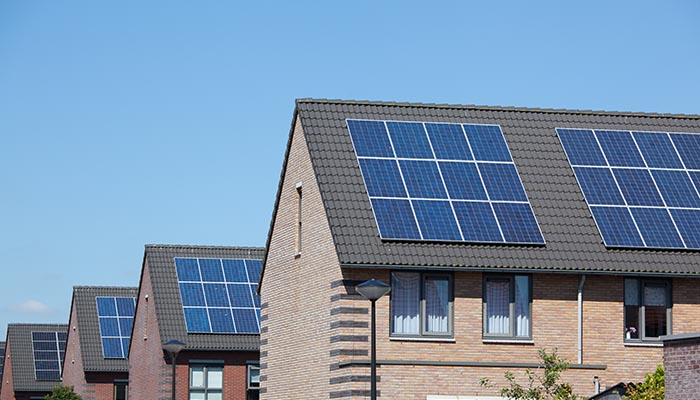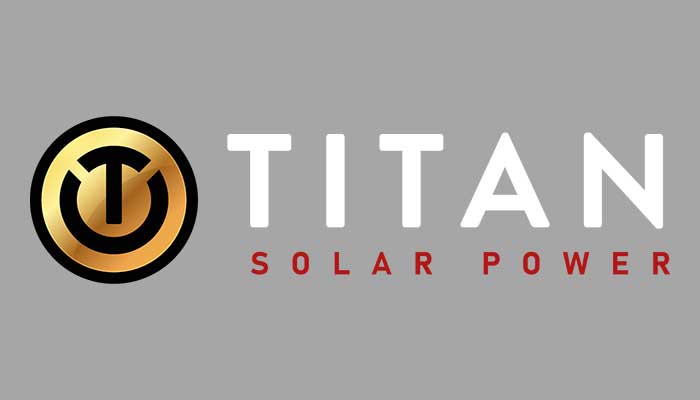
Updated November 4, 2021
Solar Modules are the more technical term to what most people refer to as solar panels. A clean, renewable source of energy, solar modules are used in multiple applications to harvest natural energy from the sun and convert it into electricity. Solar modules are seen as one of the world’s most forward-thinking energy sources.
Solar panels are a collection of individual solar cells kept together through layers of silicon, boron, and phosphorus. The solar cells within the modules absorb light energy from the sun and convert the stored power into electricity.
Harvested throughout the day, solar energy is stored to be used to power the necessary sources during the night. Solar energy is one of the cleanest and most efficient methods of providing electricity.
Solar modules continue to be one of the main energy sources that scientists believe will help the world reinvent its use of more costly and damaging energy sources.
The Solar Process
Solar modules are metal framed glass structures that include silicon-based solar cells within them. The process of harvesting the energy from the sun starts with the sun radiating sunlight during the day.
The cells are activated, causing an electron flow through the panel that is then stored to be used as electricity. The electricity is converted from the sun’s power source, to be more applicable for everyday power needs.
Modern Uses of Solar Panels
Today, solar panels or modules have many applications. Used in an industrial, commercial, and residential setting, the main goal is to clean up one’s energy output. Companies, builders, and homeowners alike have begun to gravitate towards solar energy, and solar panels have become the most financially friendly method to harvest the sun’s energy.
While solar panels are more costly to set up than normal electrical sources, there are usually tax credits that can be granted to homeowners or companies that rely on solar energy. Furthermore, solar energy can nearly replace an electrical bill, or a need for another electrical source, saving money month over month.
Another benefit of fully solar energy-powered buildings and homes is the ability to live off the grid and be able to maintain power during storms or other outages that may damage one’s local electrical grid.
Conclusion
Solar modules are panels that harvest the sun’s natural energy by absorbing the photons the sun radiates, then converting the photons into energy and electricity that can be used for a clean energy source.
Sources:



